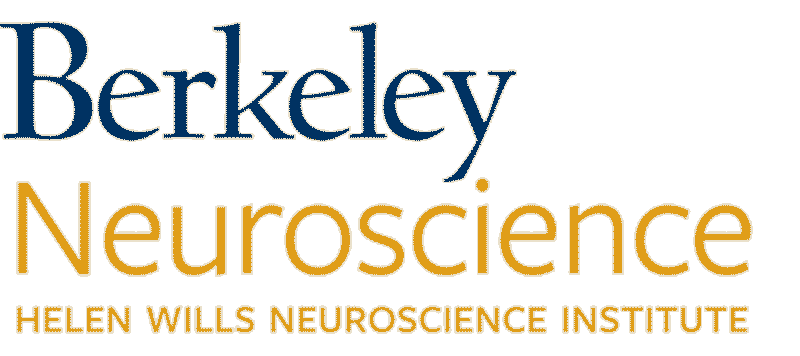In Depth Profiles
Q&A with the Graduates
Congratulations to our latest graduates! Graduates Jonathan Jui (left) and Shariq Mobin (right) are pictured with PhD Program Director Michael Silver (center). Not pictured: Kata Slama.
Read the Q&A to learn their biggest discoveries, future plans, and words of advice.
Jonathan Jui
Endogenous induced cell fate change of the Müller glia in different models of retinal degeneration
 What is the most interesting thing you discovered in your research here?
What is the most interesting thing you discovered in your research here?
With forced transcription factor overexpression, the Müller glia of the retina could re-enter the cell cycle and ultimately differentiate into functional retinal neurons. One day we might be able to utilize this regenerative potential in glia to treat neural degenerative diseases.
What are you doing next?
I’m currently applying to post-doctoral positions to expand upon my research and hopefully make an impact in academia.
Do you have any advice for your fellow students?
Talk to others outside of your lab. Even if just one person takes interest in your work, that’s a connection to dozens of others who may be able to help you. Everyone is a potential resource for you to exploit!
Shariq Mobin
Computational models for auditory scene analysis
 What is the most interesting thing you discovered in your research here?
What is the most interesting thing you discovered in your research here?
Our auditory attentional mechanism is very powerful, anyone can direct their attention to a familiar voice in a crowd. For example picking out your mom’s or dad’s voice in a crowded room, depending on who you’re searching for. In my research into artificial neural networks, I tested if the attentional spotlight method could be used to explain this attentional mechanism. Surprisingly, it did quite well. I found that by simply modulating the gain on a set of neurons we could direct the network’s attention to different voices in a crowded room.
What are you doing next?
I’m starting a company called AudioFocus. We are building hearing aids that actually work in noisy places, like restaurants, and are also making it affordable, by running it on your smartphone.
Do you have any advice for your fellow students?
You’re undoubtedly very smart if you’re here. Sometimes you think you have brilliant ideas but your experiments fail, this is when perseverance and self-confidence becomes incredibly important. If you stick with it you can succeed or at least deeply understand why your idea didn’t work and have another great idea. Also, I recommend working on two projects at a time, any more or less and you’re less productive, at least I was.
Kata Slama
Electrophysiologically defined attention networks in humans
What is the most interesting thing you discovered in your research here?
The neural substrates of visual search processes in humans extend far beyond the standard fronto-parietal attention regions that you learned about in school.
What are you doing next?
I’m not formally graduating just yet, so ask me again in a few months. To quote David Bowie, “I don’t know where I’m going from here, but I promise it won’t be boring.”
Do you have any advice for your fellow students?
The combination of being in grad school and being in Berkeley is a really unique opportunity to grow both as a scientist and as a human being. Harness that opportunity, and grow deliberately. Good luck!





